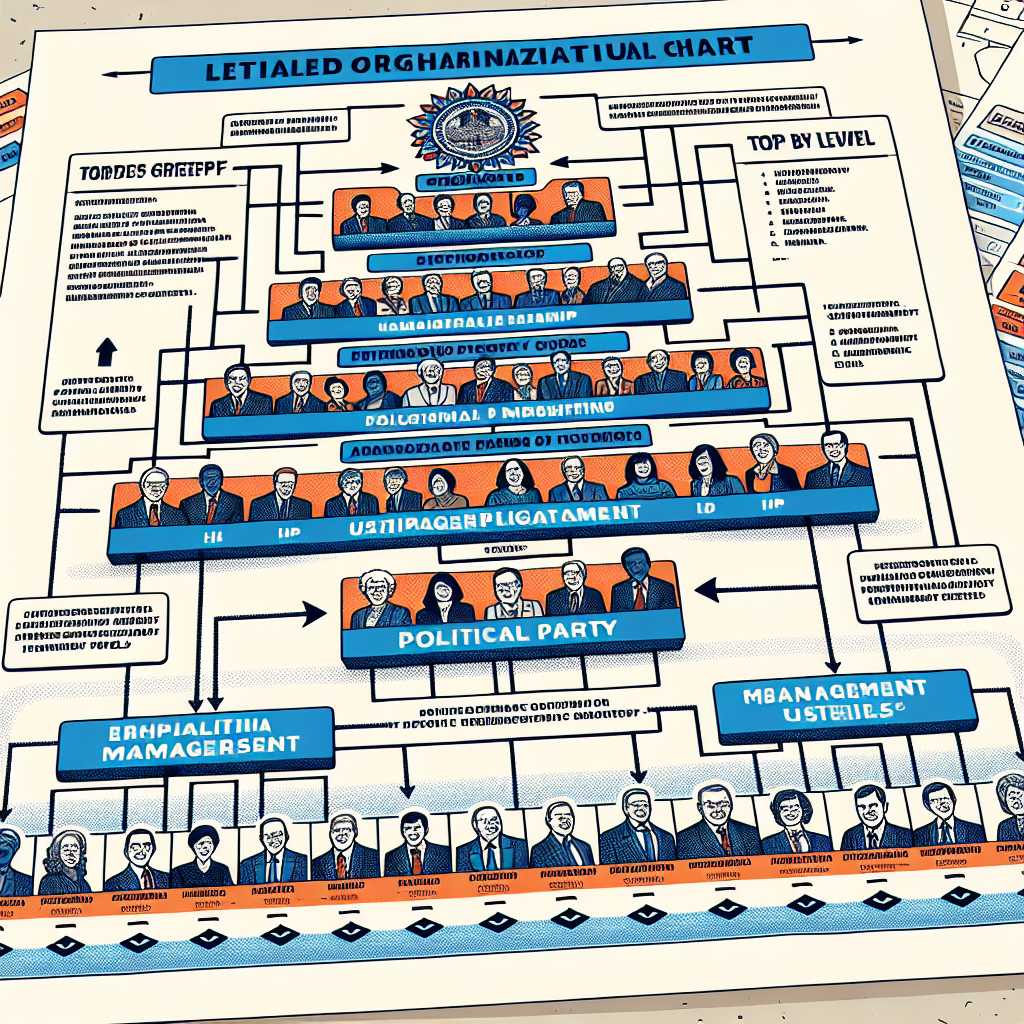The Rise and Positioning of Reform UK in British Politics
Reform UK is a political party operating in the United Kingdom, originally launched in 2019 under the name Brexit Party. It was founded by Nigel Farage and Catherine Blaiklock with the primary goal of ensuring that the UK left the European Union, capitalizing on dissatisfaction with the existing parties’ handling of the Brexit process. After the UK’s departure from the EU, the party rebranded itself as Reform UK in 2020 with an expanded agenda beyond Brexit. This article explores the trajectory, ideology, and current position of Reform UK within the British political landscape.
Foundational Goals and Initial Success
Reform UK began life as the Brexit Party, successfully channeling public discontent with the perceived slow progress of Brexit. Within months of its foundation, the party made a significant impact, coming first in Great Britain and second in all of the UK during the 2019 European Parliament elections by percentage votes. This immediate success underscored a substantial portion of the electorate’s demand for a resolute departure from the EU. The party’s single-issue focus on delivering Brexit gave it an edge in appealing to those who felt their views were not represented by traditional parties such as Conservatives and Labour.
Rebranding to Address Broader Issues
Following the implementation of Brexit on January 31, 2020, Farage announced that the Brexit Party would shift focus. Eventually, it was rebranded to Reform UK, signaling a pivot towards advocating broader political reform. This transition marked an enlargement in their platform to include anti-lockdown policies during the COVID-19 pandemic and criticisms of the government’s handling of public finances and immigration policy. The renaming also reflected Farage’s intent to challenge deep-seated issues he perceives within UK’s political system, which he argues cause inefficiencies and injustice in British society.
Ideological Stance and Political Platform
After its rebranding, Reform UK has taken stances on various issues beside Brexit:
– It has advocated for more direct democracy mechanisms like referendums.
– The party espouses classical liberal economic policies including lower taxes, reduced public spending, and deregulation to create conditions for economic growth.
– A significant part of its platform focuses on criticizing ‘big government’ and promoting personal freedoms.
– On social policy, it has occasionally aligned with conservative viewpoints but generally promotes libertarian ideals valuing individual liberty.
Despite having broadened its scope, Reform UK faces challenges convincing voters across the spectrum that it possesses a fully-fledged and viable policy platform for game-changing governance.
Organizational Challenges and Electoral Performance
Since abandoning its core issue of Brexit, Reform UK has struggled to maintain relevance. Farage’s departure from leadership in March 2021 left a gap that has proven difficult to fill. Electoral support for Reform UK has waned considerably since their initial success. In subsequent local elections and by-elections, they have secured very few seats and often gained only a minimal share of votes.
Amid stiff competition from established parties and other smaller political movements like The Green Party or Liberal Democrats pushing for change, Reform UK is facing significant hurdles in carving out a distinct niche that attracts widespread voter support.
Future Prospects and Challenges
Looking forward, Reform UK faces steep challenges in a political arena crowded with long-standing parties and splinter groups from both ends of the spectrum. While political discontent and the drive for reform runs deep in parts of British society, capturing this sentiment constructively within the electoral system is a tall order that this relatively new player must undertake skillfully if it hopes to sustain or grow.
Repositioning itself competitively will likely depend on identifying and leading a compelling political narrative that distinguishes its platform from those of others advocating great systemic change—whether related to liberties amid ongoing pandemic responses or navigating post-Brexit economic landscapes.
